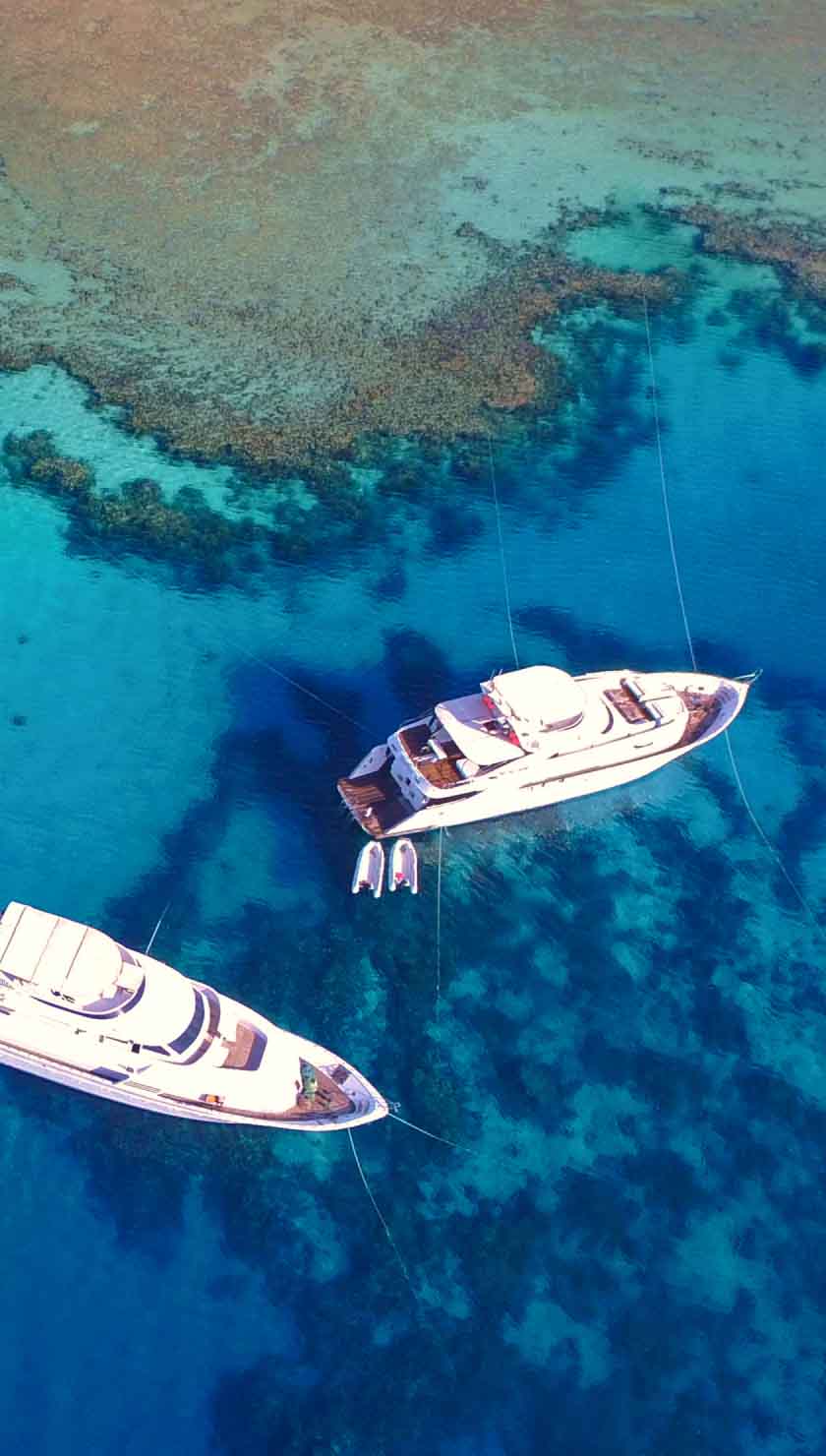Diving in the Solomon Islands
Diving in the Solomon Islands with its unspoiled and undiscovered reefs, caverns, walls, wrecks, pinnacles, coral gardens, lots of macro and the varieties of fish will surely amaze you. The Solomon Islands consist of nearly 1000 islands and this paradise remains largely unexplored, yet it holds many WWII wrecks including ships, aircraft and submarines.
World-class scuba diving awaits you in the Solomon Islands in this true divers paradise and one of the Pacific's best kept secrets. Sailing 1,500 miles (2,400 km) west of Fiji and 1,200 miles (2,000 km) northeast across the Coral Sea from Queensland, Australia. With neighbors like Fiji, Australia and Papua New Guinea, you can imagine the Solomon Islands would have some pretty good diving. The Solomon Islands is an island nation, located in the southwest Pacific and remains relatively untouched by influences of the modern world. Located on the western fringe of the Pacific, the Solomons comprise of 992 islands and coral islets spread across 1,000 miles. Only 147 islands are actually inhabited.
There are six major islands: Guadalcanal, Malaita, New Georgia, Santa Isabel, Makira and Choiseul. As impressive as the Solomons Islands may be in terms of topside beauty and cultural attractions, the real attraction lies along the shallow coral reefs and shipwrecks. The estimated population of 560,000 are predominately Melanesian, while some outer islands are home to Polynesians and Micronesians. The local people appear shy but are very friendly. Off the beaten path, village life in the Solomon Islands remains much as it has been for centuries. Traditional culture is alive in leaf-hut villages with scenery reminiscent of a Discovery Channel documentary: huge lagoons, volcanic islands, emerald forests, croc-infested mangroves and tropical islets.













